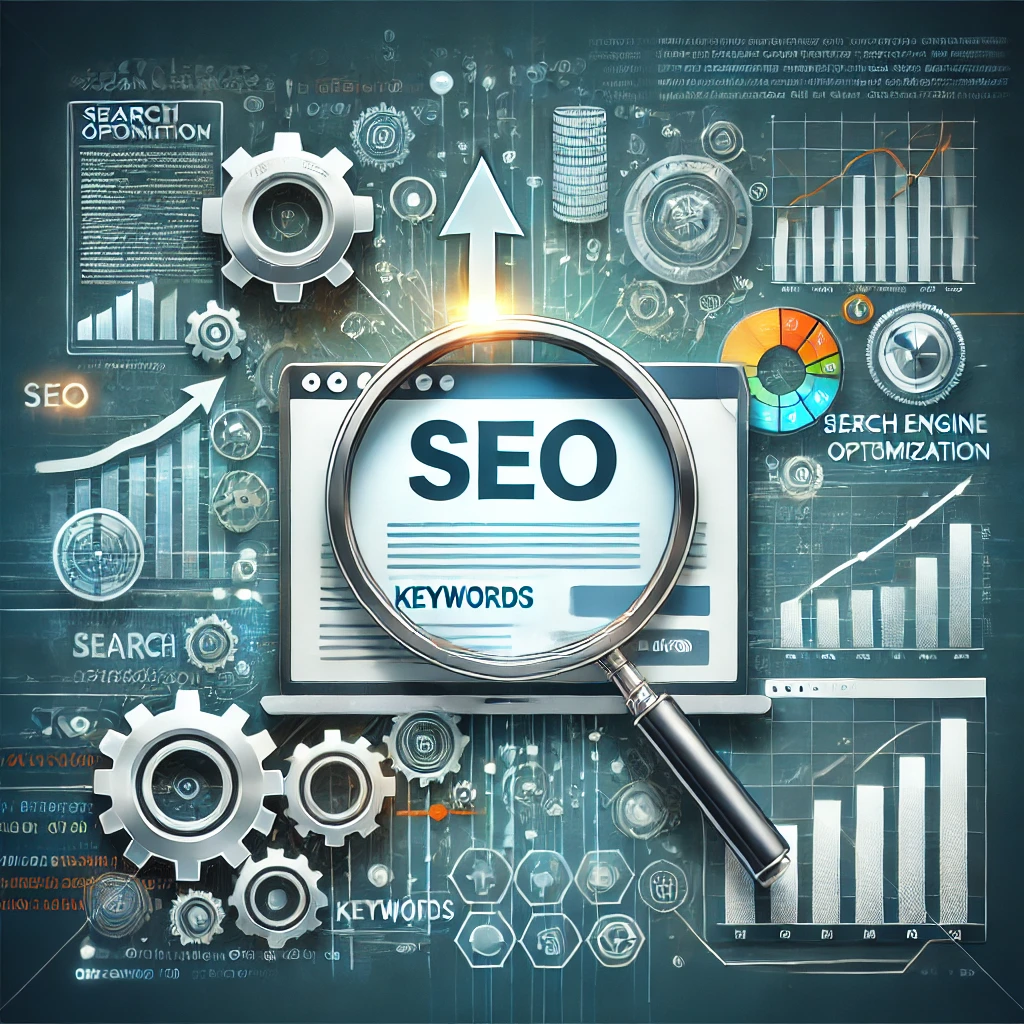How will AI impact SEO strategies in the next few years

Categories:
2 minute read
AI and machine learning are set to significantly impact SEO strategies in the coming years, reshaping how businesses approach search engine optimization. Here are the key ways “How will AI impact SEO strategies”:
Enhanced Understanding of User Intent
AI algorithms, such as Google’s RankBrain, are becoming adept at interpreting user intent beyond simple keyword matching. This evolution allows search engines to deliver more personalized and relevant results by analyzing the context and nuances of queries. As a result, businesses will need to focus on creating content that directly addresses specific user needs and questions, rather than just optimizing for keywords[1][4].
Improved Content Creation and Optimization
AI tools are revolutionizing content creation by automating various aspects of the process. These tools can assist in generating SEO-friendly content that resonates with users while adhering to search engine guidelines. They analyze user behavior to identify trending topics and suggest relevant keywords, making it easier for marketers to produce high-quality content that aligns with search intent[2][5].
Predictive SEO Capabilities
AI’s predictive capabilities enable SEO professionals to forecast trends and potential algorithm changes, allowing for proactive strategy adjustments. By analyzing historical data and user behavior, AI can help identify which keywords are likely to gain traction in the future, facilitating timely content creation[3][5]. This foresight can lead to improved rankings and organic traffic.
Focus on User Experience (UX)
User experience is becoming a critical ranking factor, driven by AI’s ability to analyze engagement metrics. Websites that provide a seamless experience—characterized by fast loading times, intuitive navigation, and minimal intrusive ads—are more likely to rank higher in search results. Therefore, businesses must prioritize UX in their SEO strategies to align with evolving search engine criteria[1][2].
Voice and Visual Search Optimization
As voice search continues to rise, optimizing for conversational queries will be essential. AI technologies help businesses adapt their content for voice-activated searches by emphasizing natural language and FAQ-style formats. Additionally, visual search capabilities are growing, necessitating optimization for images and videos to cater to users who prefer visual content[1][2].
Conclusion
In summary, the integration of AI and machine learning into SEO strategies will lead to a more nuanced approach focused on user intent, content relevance, and overall user experience. Businesses that leverage these technologies effectively will be better positioned to navigate the evolving landscape of digital marketing and maintain competitive advantage in search rankings.
Citations: [1] https://www.linkedin.com/pulse/future-seo-predictions-strategies-2024-infiraise-he12f [2] https://absolute.digital/insights/how-ai-will-impact-seo-in-2024/ [3] https://seoleverage.com/seo-tips/how-will-ai-revolutionize-seo-strategies-in-the-future/ [4] https://www.forbes.com/councils/forbesagencycouncil/2024/02/02/ai-is-driving-the-future-of-seo-how-to-adapt/ [5] https://contentoo.com/blog/how-ai-will-change-the-future-of-seo/ [6] https://www.forbes.com/councils/forbesagencycouncil/2023/04/19/how-ai-will-revolutionize-the-future-of-seo/ [7] https://trafficthinktank.com/future-of-seo/ [8] https://www.semrush.com/blog/future-of-seo/
Feedback
Was this page helpful?
Glad to hear it! Please tell us how we can improve.
Sorry to hear that. Please tell us how we can improve.